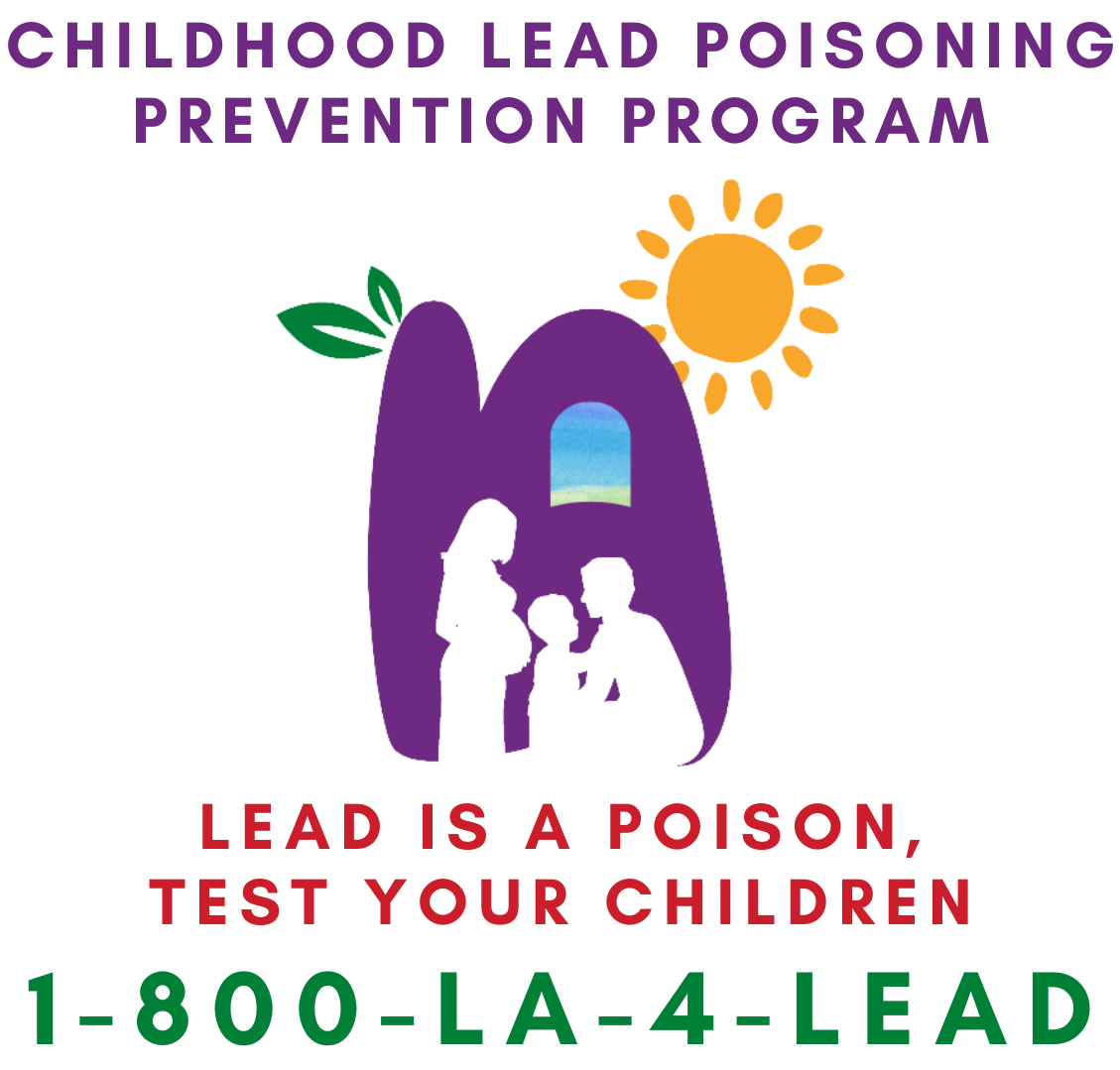
Why Assess and Screen (test)?
Standard of Care on Screening for Childhood Lead Poisoning
State regulations impose specific responsibilities on
doctors, nurse practitioners, and physician assistants
doing periodic health care assessments on children
between the ages of 6 months and 6 years. This is a
brief summary of health care providers'
responsibilities. These regulations apply to all
physicians, nurse practitioners, and physician
assistants, not just Medi-Cal or Child Health and
Disability Prevention (CHDP) providers.
Anticipatory
Guidance: At each
periodic assessment
6 months-6 years
Health care providers
who perform
periodic health
assessments for children
are required to inform
parents and guardians
about:
- Risks
and
effects
of
childhood
lead
exposure
-
Requirement
for
testing
children
in Medi-Cal
-
Requirement
for
testing
children
not in Medi-Cal
who are
at high
risk of
lead
exposure
Screen: At 12 and 24
months of age
For children in
publicly supported
programs (Medi-Cal, WIC,
and CHDP):
-
Blood
lead
test all
children
in
publicly
supported
programs at
both 12
months
and 24
months
of age
Assess: At 12
and 24 months of age
For children not in publicly supported
programs:
-
Ask:
"Does
your
child
live in,
or spend
a lot of
time in,
a place
built
before
1978
that has
peeling
or
chipped
paint or
that has
been
recently
remodeled?"
at both
12
months
and 24
months
of age.
-
Blood
lead
test if
the
answer
is "yes"
or
"don’t
know."
Missed Mandates:
Catch-Up Required if
Either Mandate is Missed
For children in
publicly supported
programs:
- If
blood
lead
test at 12
months
is
missed,
catch-up
testing
is
mandated between 12
and 24
months.
- If
blood
lead
test at 24
months
is
missed,
catch-up
testing
is mandated between 24
and 72
months.
For children not in
publicly supported
programs:
- If
assessment
at 12
months
is
missed,
an
assessment
(followed
by a blood
lead
test, if
found to
be at
risk) is
mandated
between
12 and
24
months.
- If
assessment
at 24
months
is
missed,
an
assessment
(followed
by a
blood
lead
test, if
found to
be at
risk) is
mandated
between 24
and 72
months.
Other
Indications for Blood
Lead Test
Not in regulations,
but testing should also
be considered:
-
Suspected
lead
exposure (possible
sources
of lead)
-
Parental
request
-
Recent
immigrant
from
country
with
high
levels
of
environmental
lead
-
Change
in
circumstance
has put
child at
risk of
lead
exposure
Educational Materials for
your Clinic
Our program can send you free educational materials on
childhood lead poisoning for parents and healthcare
staff. See and order them here.
NEW Learn about CDC’s updated blood
lead reference value, CDPH’s response, and
recommendations for California health care providers.
